What Stem Cell Therapy Options Are Available in Tijuana?
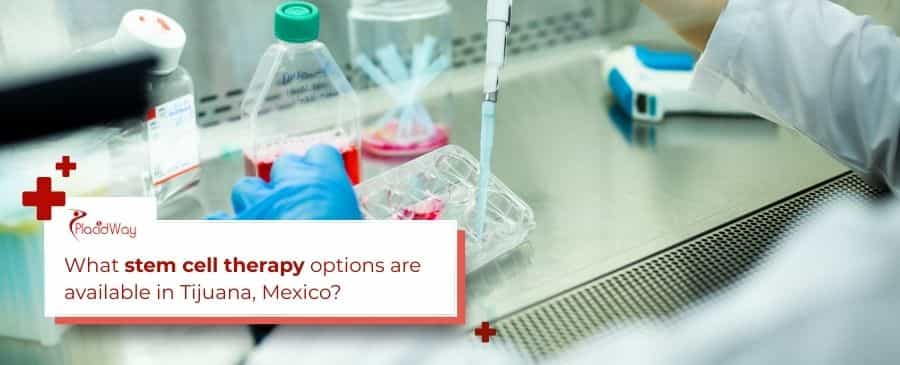
Tijuana has firmly established itself as a leading global hub for regenerative medicine, offering a wide array of advanced stem cell therapies to patients from around the world. Its proximity to the United States and significantly more affordable prices make it a highly attractive destination.
When patients ask about the stem cell therapy in Tijuana, they are often looking for a menu of treatments for various conditions. While clinics do cater to specific ailments, the true "options" are defined by the type and quality of the cells used, the method of administration, and, most importantly, the safety and legitimacy of the provider.
The landscape of regenerative medicine in Mexico is diverse, with a mix of world-class, government-licensed clinics and less reputable players. Understanding the difference is critical.
This guide, current for September 2025, will break down the primary treatment options available at top-tier clinics in Tijuana. We will explore the types of stem cells used, the conditions most commonly addressed, and the crucial quality markers, like COFEPRIS licensing, that separate a safe and potentially effective therapy from a risky gamble.
What type of stem cells are used in top Tijuana clinics?
The source and type of stem cells are the foundation of any treatment. While some clinics may offer other options, the vast majority of high-quality providers in Tijuana focus on Mesenchymal Stem Cells (MSCs).
These are multipotent cells that act as the body's natural "repair and regulation" crew. The key distinction is the source:
- Allogeneic MSCs (from a donor): This is the most advanced and common option at top clinics. The cells are sourced from the rich, pristine tissue of umbilical cords donated after healthy, pre-screened births. These cells are young, incredibly potent, and can be expanded in a lab to achieve very high, therapeutic doses. Crucially, they are "immunoprivileged," meaning they do not trigger an immune response from the patient.
- Autologous MSCs (from your own body): This option involves harvesting cells from the patient's own fat tissue or bone marrow. While there is no risk of rejection, these cells are as old as the patient and may be less potent and numerous. This method is typically used for simpler, localized orthopedic treatments.
For systemic conditions like autoimmune disorders or for anti-aging, allogeneic umbilical cord-derived MSCs are overwhelmingly the preferred option.
What orthopedic conditions are treated with stem cells in Tijuana?
This is a primary area of focus for stem cell therapy in Tijuana. The goal of the therapy is to reduce inflammation, alleviate pain, and signal the body's own repair mechanisms to potentially regenerate damaged tissue like cartilage.
The treatment is administered via direct, image-guided injection into the affected area. Common orthopedic options include:
- Knee Osteoarthritis: Injections aim to reduce pain and improve function, potentially delaying the need for knee replacement surgery.
- Degenerative Disc Disease: Injections into or around the spinal discs may help reduce chronic back pain and inflammation.
- Shoulder Injuries: Treatment for rotator cuff tears, labral tears, and arthritis.
- Other Joints: Hips, ankles, wrists, and elbows can also be treated.
Can stem cell therapy help with autoimmune disorders?
This is one of the most promising areas of regenerative medicine. In autoimmune diseases, the body's own immune system mistakenly attacks healthy tissues. MSCs, when administered intravenously (IV), have been shown to be able to "re-balance" and regulate the immune system. The goal of the therapy is not a cure, but to:
- Dramatically reduce systemic inflammation.
- Modulate the immune response, reducing the attack on healthy tissues.
- Improve symptoms and overall quality of life.
- Potentially slow the progression of the disease.
This option requires high doses of potent, allogeneic MSCs administered via IV infusion.
What about stem cells for anti-aging and wellness?
This treatment option is based on the theory that a primary driver of aging is chronic, low-grade inflammation. By introducing a large dose of young, potent, anti-inflammatory MSCs into the body, the goal is to "reset" this inflammatory state.
Patients who opt for this therapy often report benefits such as reduced joint pain, increased energy levels, improved sleep, better mental clarity, and enhanced skin appearance. It is a proactive approach to health aimed at improving one's quality of life as they age.
How do I choose a safe and reputable treatment option?
With the variety of options available, your most important choice is the clinic itself. Your safety and the potential effectiveness of the treatment depend on it. Use this non-negotiable checklist to vet any provider:
- Verify the COFEPRIS License: This is the official government authorization. A clinic operating without one is doing so illegally. Ask for their license number.
- Confirm Medical Doctor Leadership: A licensed M.D. must be in charge of your treatment plan and must administer any injections.
- Demand a Certificate of Analysis (COA): This is an independent lab report that proves the quality of the cells. It details the cell count, the viability percentage (how many are alive), and confirms the batch is sterile. Do not proceed without this.
- Avoid "Cure" Claims: A reputable clinic will set realistic expectations and will not promise to cure your condition.
Navigating your regenerative medicine journey requires a trusted partner. Placidway is a global leader in medical tourism, connecting patients with a network of pre-vetted, licensed, and high-quality clinics in Tijuana and other top destinations.
Explore your options and plan your treatment with an emphasis on safety and transparency.


.png)


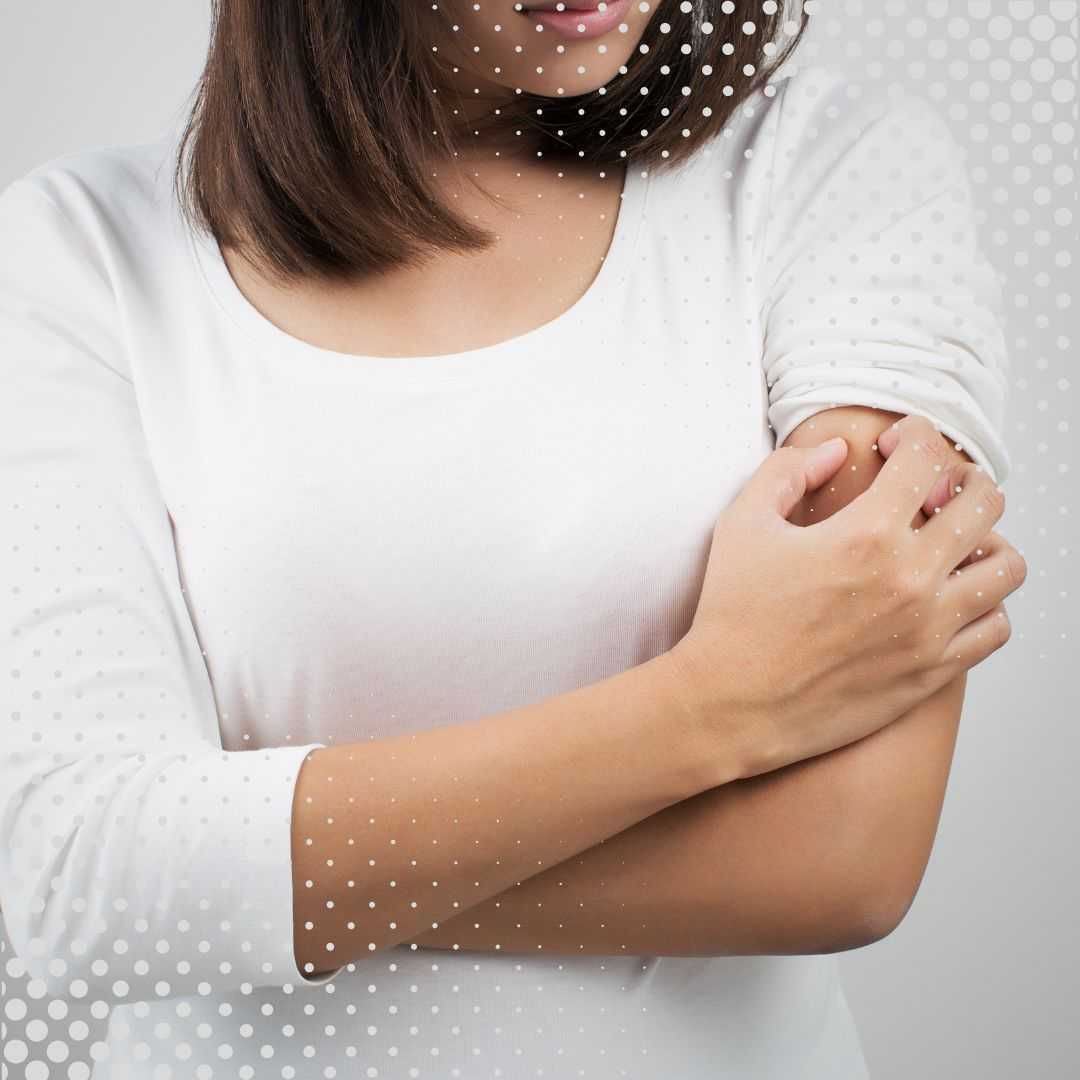


.jpg)
.png)
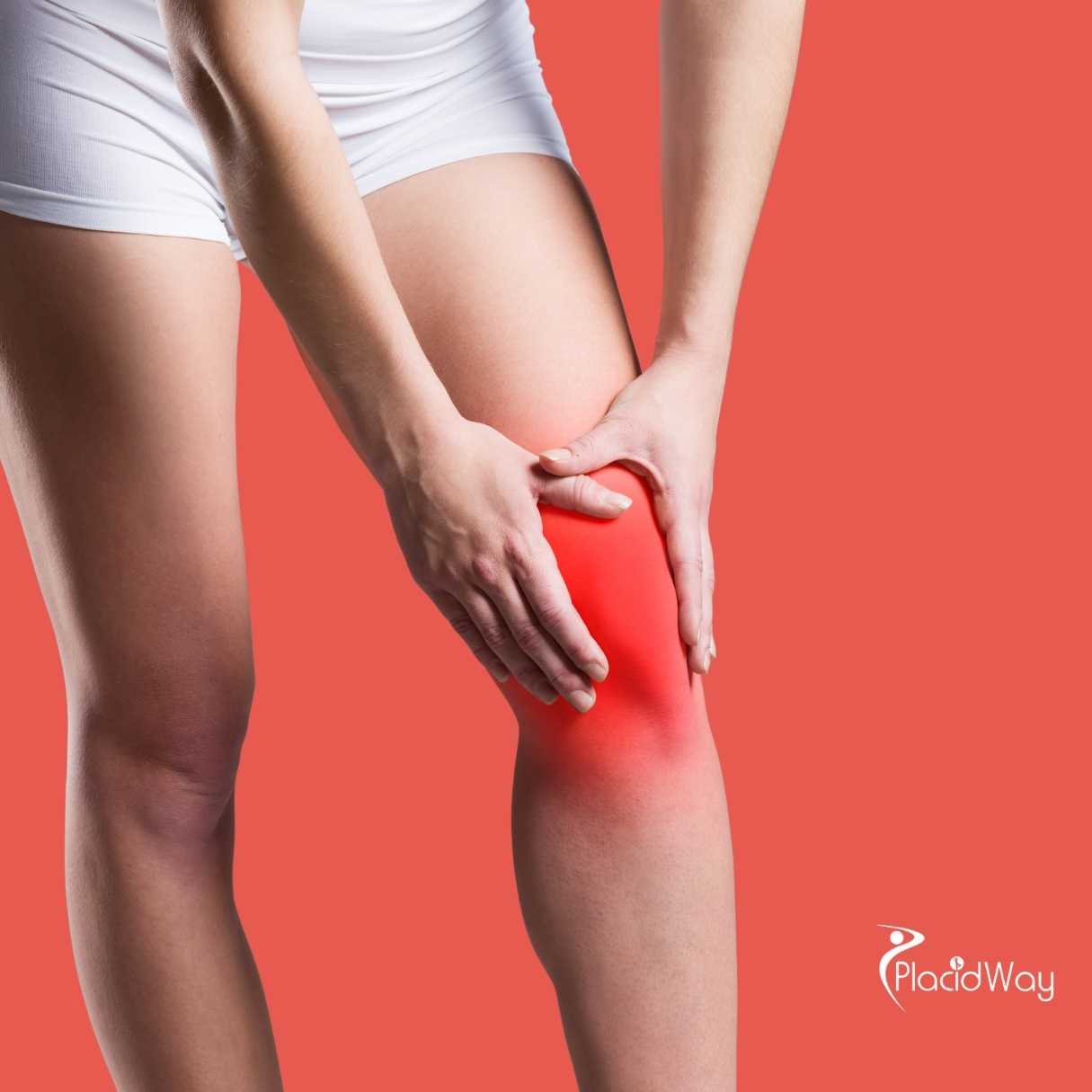
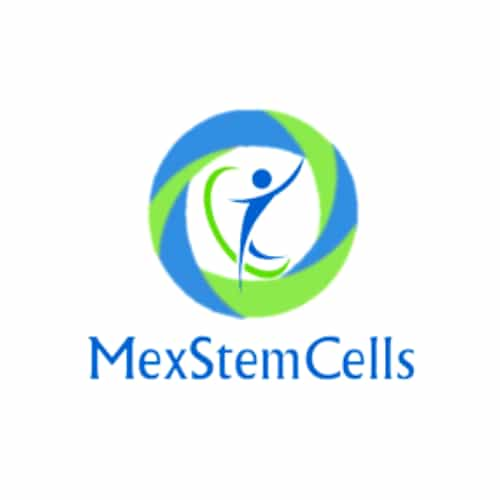
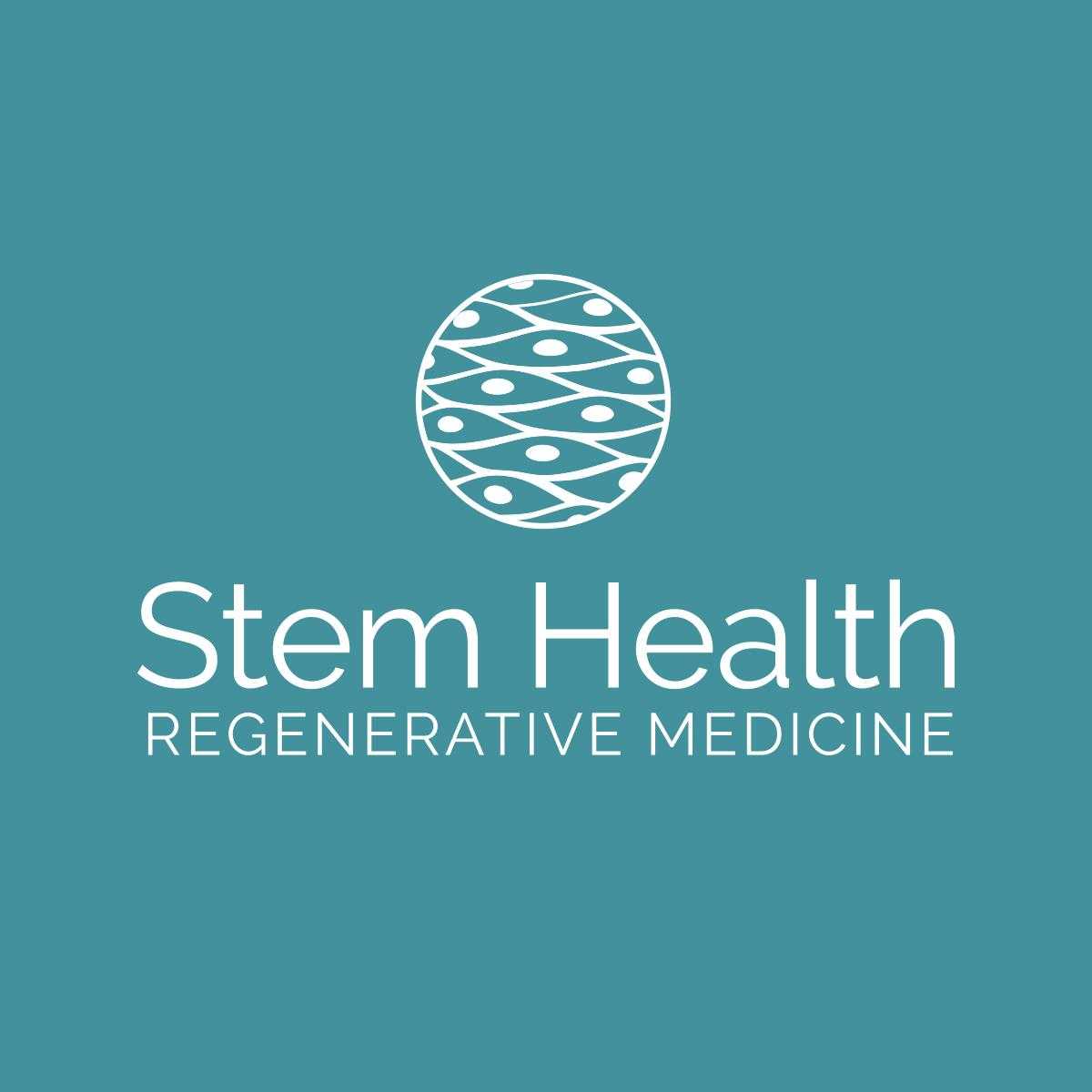
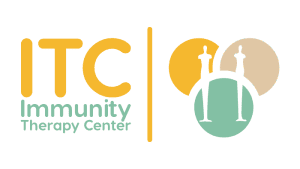
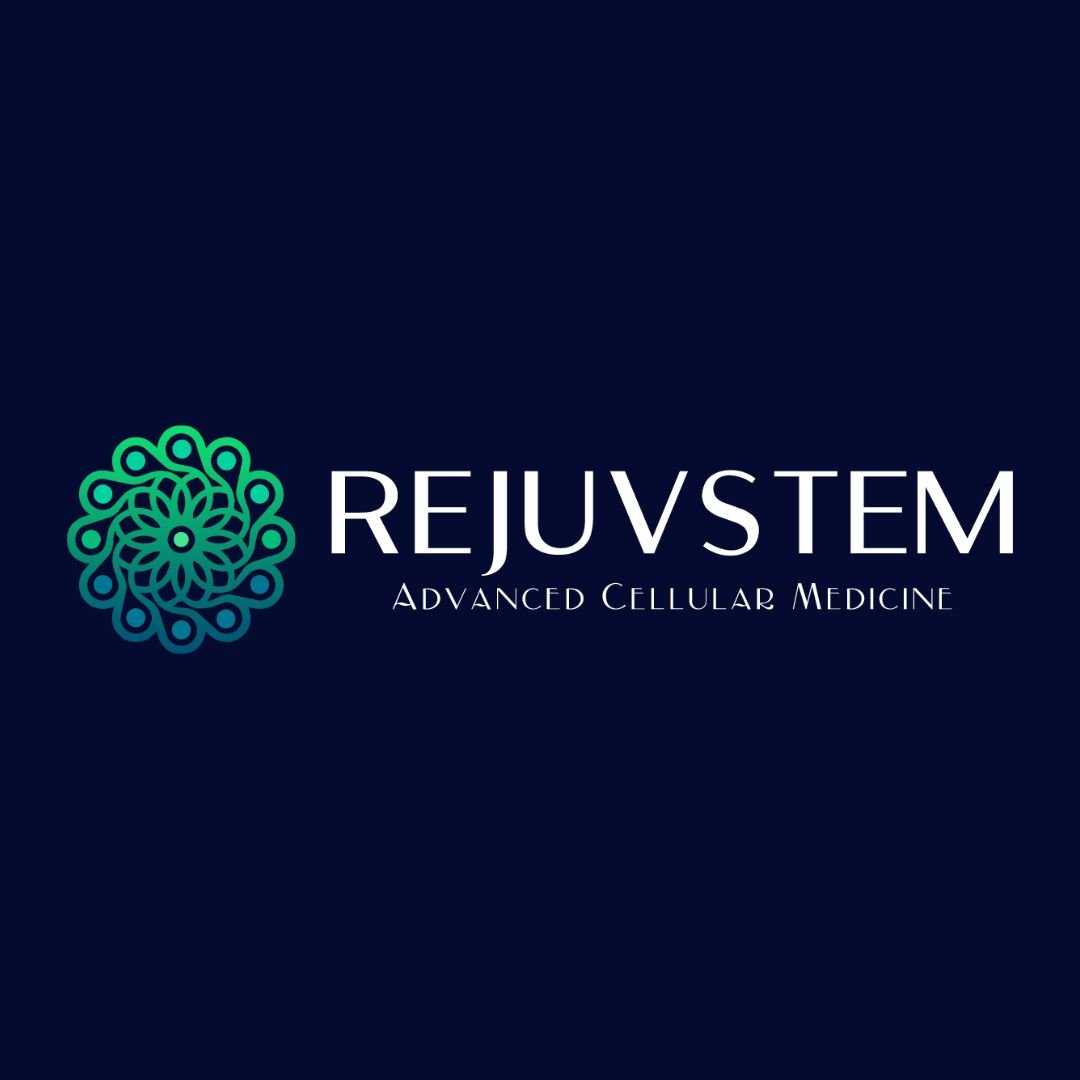
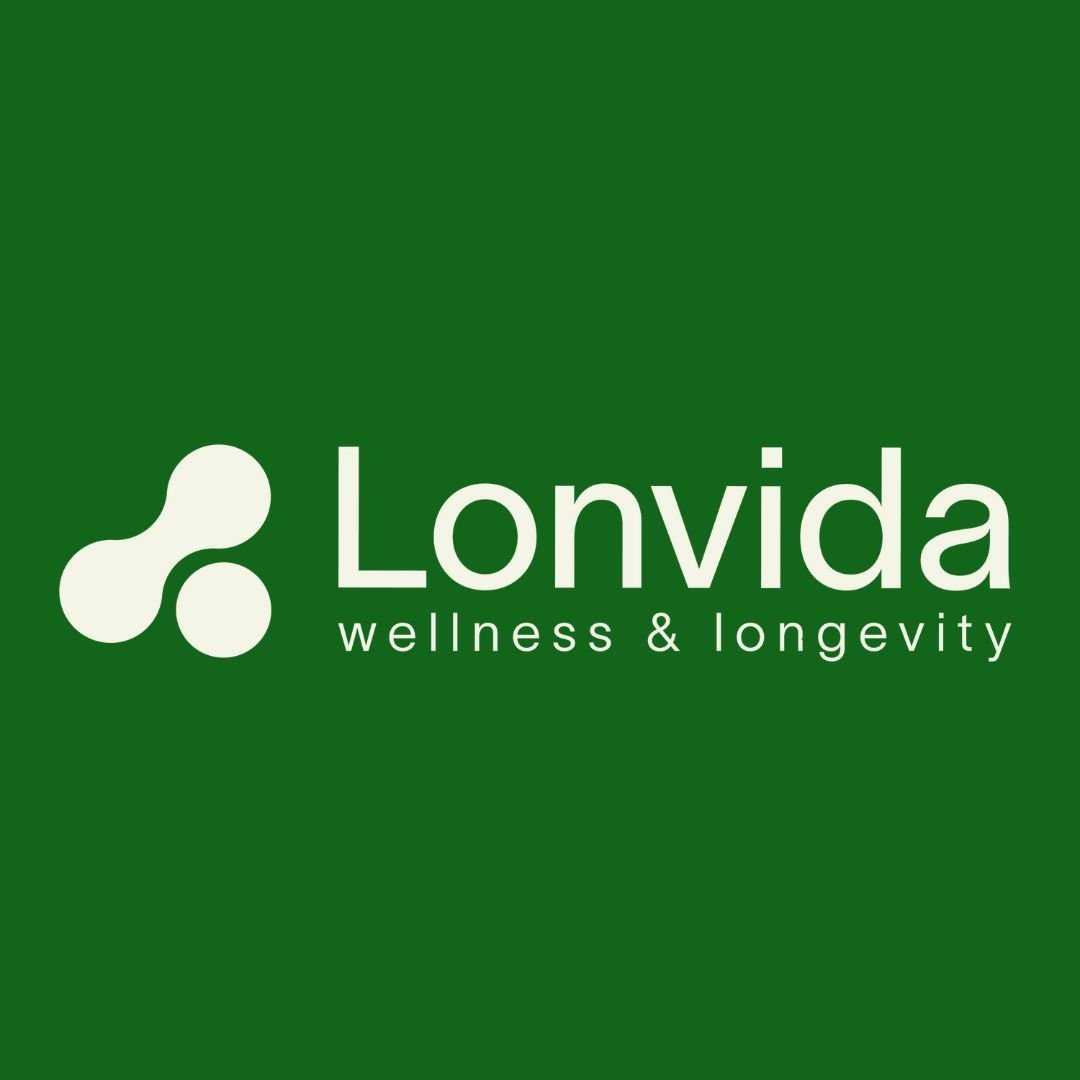

Share this listing